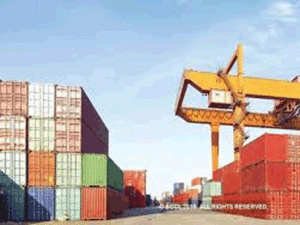
The industry association said that if India does not join the agreement, it would be cut off from the RCEP region in terms of preferential access and that this would “hinder investments from many RCEP countries and thus stymie its efforts to increase its integration into regional and global chains”.
“Not being part of the block is tantamount to not having an even footing in terms of preferential access and losing export competitiveness. This will only harm India’s export and investment flow in the future,” the CII said in a statement.
Talks for the proposed trade pact are in the final stages in Bangkok and Prime Minister Narendra Modi is visiting Thailand from November 2-4 to participate in various ASEAN related summits, including the ASEAN-India Summit, East Asia Summit and a meeting on RCEP negotiations. “Clearly, India is under tremendous pressure to come on board. Further, Indian Industry, not having meaningfully articulated its offensive interests, is proving to be a major handicap for Indian negotiators in RCEP negotiations,” said the CII. “Even with China, we failed to use RCEP as an opportunity to seek market access given that bilaterally getting concession from China always proves difficult.”
 ET Bureau
ET BureauThe CII’s statement comes at a time when various domestic industries including dairy, textile and automobiles have raised serious concerns and opposed the pact over tariff related issues, especially with China. The PM had said on Saturday that India will consider whether its concerns and interests in trade in goods, services, and investments are being fully accommodated when he attends the RCEP Leaders’ Summit.
CII president Vikram Kirloskar said that while a large section of the Indian industry has expressed serious concerns about joining the RCEP on the basis of genuine reasons, especially pertaining to China, any decision on joining an agreement of this size and magnitude must not be based on concerns with regard to just one country. The CII said that growth and expansion of global value chains will also draw momentum from the ongoing USChina trade war.
Read More News on
Download The Economic Times News App to get Daily Market Updates & Live Business News.
Subscribe to The Economic Times Prime and read the ET ePaper online.
Read More News on
Download The Economic Times News App to get Daily Market Updates & Live Business News.
Subscribe to The Economic Times Prime and read the ET ePaper online.









 Get Unlimited Access to The Economic Times
Get Unlimited Access to The Economic Times
